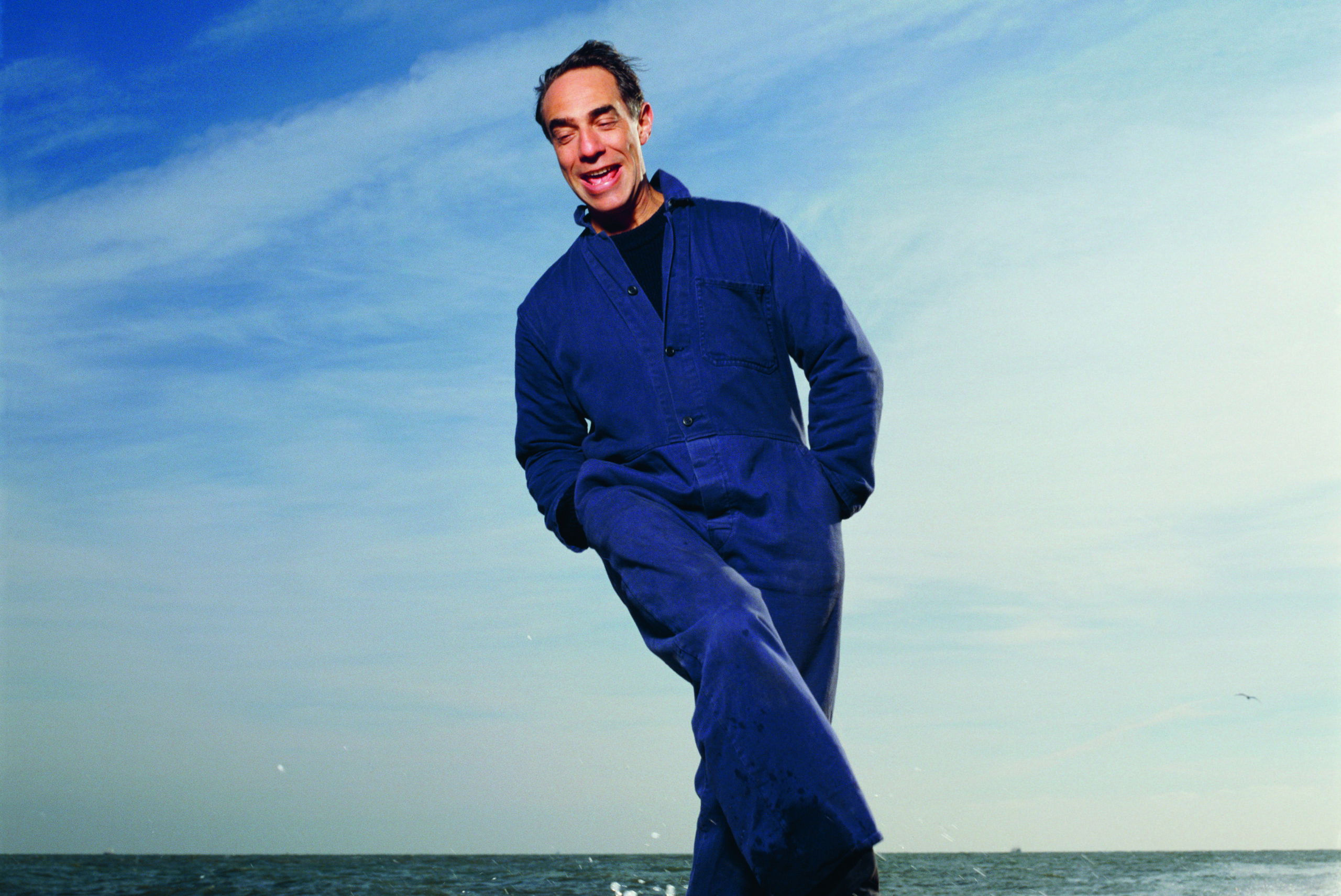One of the many signs of ageing is having to explain all your cultural reference points.
I was surprised when a youthful LGBT activist I was working with had no idea who Derek Jarman was.He was a dominant figure in my youth when first discovering counterculture.
His films were on late-night Channel 4 when it was a place of eccentricity and frequent condemnation by the press. He directed pop promos for The Smiths and Pet Shop Boys and his published diaries fascinated. He popped up on Jonathan Ross’s early chat show outing eating cornflakes out of a bowler hat. He was also one of the first public figures to be out as someone living with HIV.
Jarman remains a fascinating figure, a “happy megalomaniac” in his own words.
It is 25 years since he died, the same year as other counterculture figures who could almost live in the mainstream – Dennis Potter, Kurt Cobain and Bill Hicks. To commemorate the anniversary of his death, Modern Nature is read by Rupert Everett on BBC Radio 4 Extra. It is a book of gardening, art and death, his diary of 1989 and 1990.
It starts on New Year’s Day at Prospect Cottage, Jarman’s famous black-timbered home, with a view of Dungeness power station and an intriguing garden fashioned from driftwood and the hardy flowers that could thrive in shingle. “There are no walls or fences. My garden’s boundaries are the horizon. In this desolate landscape the silence is only broken by the wind…”
Listening to Everett’s eloquent reading, I wonder if, as Jarman’s films fall further into the shadows, too odd for the tastes of most TV channels, it may be his diaries that live on the longest. He writes of the grotesqueries of the press in its treatment of both gay men and Aids and the preternatural ghost march of so many of his friends’ deaths with a naturalistic poetry.









